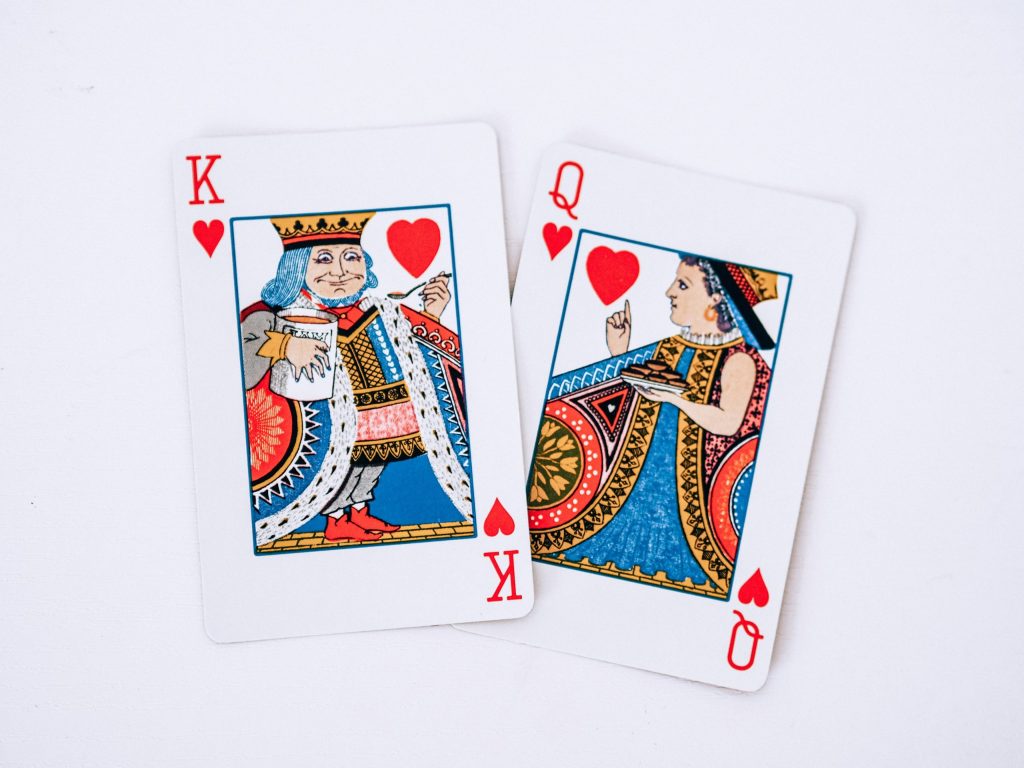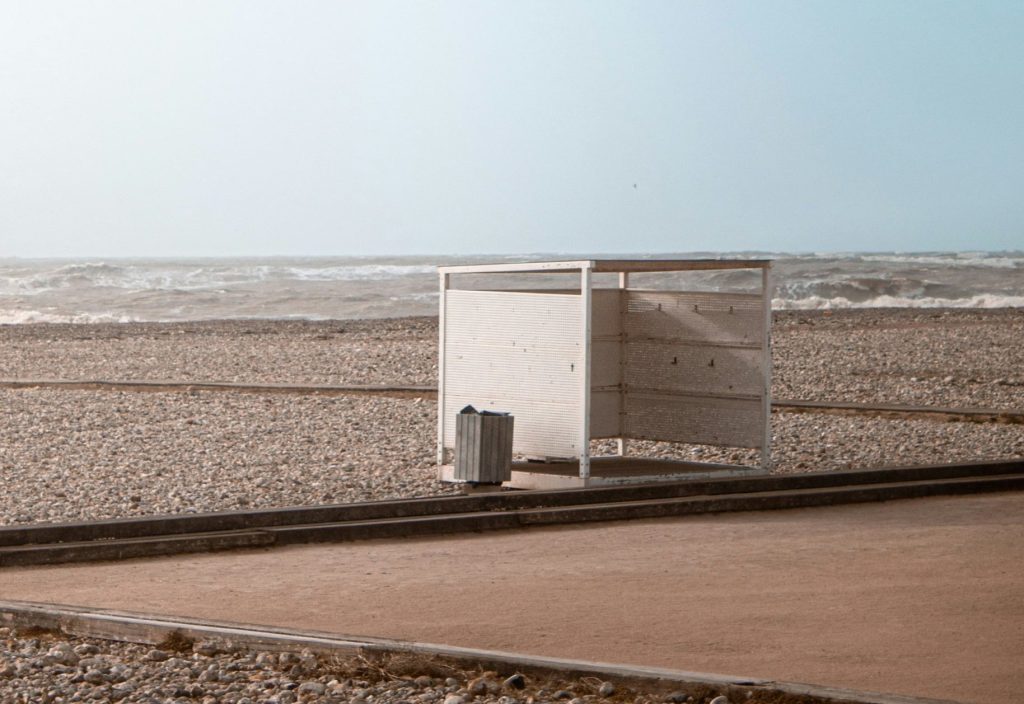When you start out as a self-employed professional or set up a general or commercial partnership or private limited company, you’ll need a VAT number. But what exactly is a VAT number? What do you need it for? And how do you apply for one?
What is a VAT number?
A VAT number is an identification number for freelancers, self-employed professionals, companies and organisations. It’s also known as VAT identification number or VAT ID.
Each VAT number is unique and is composed as follows:
- Country code (NL)
- 9 digits
- The letter ‘B’
- 2 check digits
An exemplary VAT number would be: NL987654321B02
What do you use the VAT number for?
The vast majority of entrepreneurs are obliged to charge value added tax (VAT) on the products and/or services they offer. You must apply for a VAT number to be able to make and receive payments, and to file VAT returns with the Dutch Tax and Customs Administration.
The VAT identification number should always be stated on your invoices. Many entrepreneurs also put it on other business communication tools, such as their website. This allows buyers, clients and suppliers to use the VAT number to check the legitimacy of the company, if desired. They can do this by looking up the validity of the VAT ID via the website of the European Commission.
As an entrepreneur, you’ll also receive a VAT tax number, which is used for communication with the Dutch Tax and Customs Administration. But why would you need two different numbers? The reason for this is simple: unlike the VAT tax number, the VAT identification number does not contain your citizen service number. Since you share the VAT ID on your invoices and on your website, your privacy is more guaranteed.
Do I need to apply for a VAT number if I’m exempted from paying VAT?
In the Netherlands, certain sectors and businesses are exempt from VAT. If you work as a self-employed person in healthcare or education for example, you’re not subject to VAT and therefore do not have to charge or pay VAT. It’s also possible that parts of your activities are subject to VAT, while other parts are not. You’re also exempt from VAT if you use the small business scheme (KOR). However, in all of the cases mentioned above, you’re still obliged to have a VAT number.
How to apply for a VAT ID?
When you register your business with the Dutch Chamber of Commerce (KVK), you’ll immediately receive an 8 digit KVK number. The Chamber of Commerce automatically sends your data to the Dutch Tax and Customs Administration. You’ll receive your VAT ID and VAT tax number by mail within 2 weeks. Self-employed professionals and freelancers will always receive 2 separate letters with the VAT ID and VAT tax number. You don’t need to apply for any VAT numbers yourself.
If you’re already registered as an entrepreneur but you’ve lost your VAT ID, or if you would like to check whether your registration is correct, you can use your DigiD to log in at Mijn Belastingdienst Zakelijk: the online business portal of the Dutch Tax and Customs Administration. Once you’re logged in, choose ‘Omzetbelasting’ (turnover tax) and then ‘btw-identificatienummer’ (VAT ID) in the menu on the left. You’ll find your VAT ID and VAT tax number there.
Would you like to know more about applying for a VAT ID?
Please contact your accountant or schedule an introductory meeting with Kees de Boekhouder. We’re more than happy to help answer all your questions!


